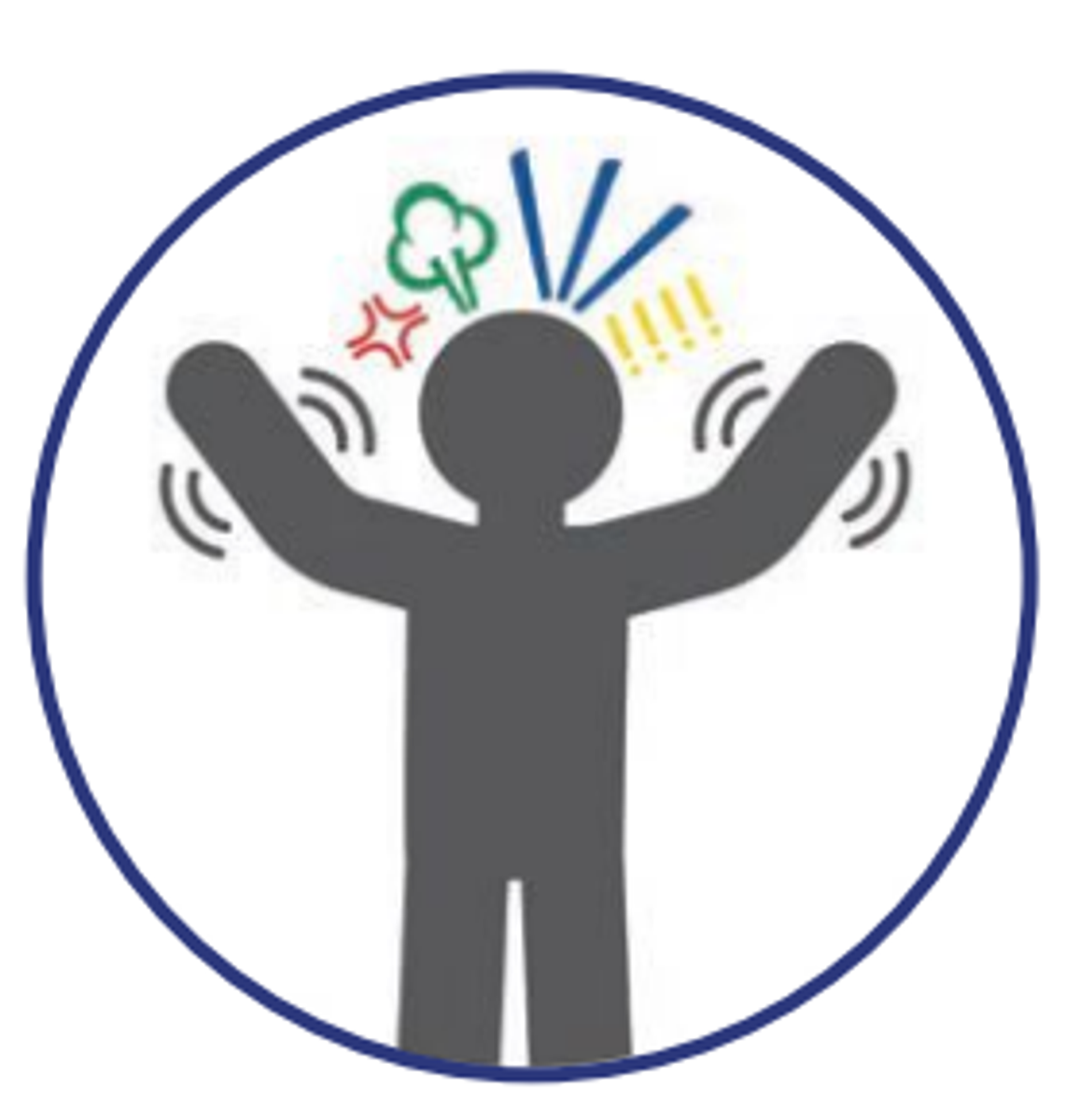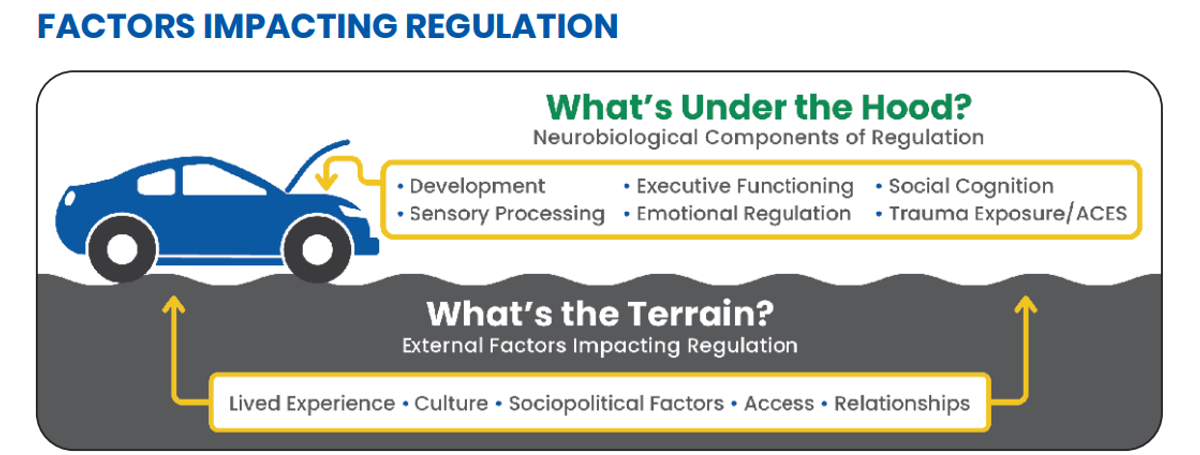Wellbeing at EPS
Supporting the wellbeing of our Essendon Primary School community

Wellbeing at EPS
Supporting the wellbeing of our Essendon Primary School community
Leah Kuypers, MA Ed., OTR/L is the author of the framework and new digital curriculum for The Zones of Regulation, which EPS is using across all classrooms of our school again this year.
Below is an adapted version of an article she has recently written.
Most simply defined, regulation is to adjust, manage, or control something so it works well. When applied to humans, regulation can go by many names, such as “self-control,” “self-management,” “emotional control,” “anger management,” or “impulse control.”
These terms all describe a person’s ability to adjust their state of alertness, energy level, and emotions to help them meet the demands of the situation around them, attain personal goals, and gain a sense of positive well-being. Physiologically, when we are regulated, our brain and body, connected via the nervous system, work together to manage the situation at hand.
We regulate all the following processes: sensory input and needs, internal nervous system states, emotions, energy levels, impulse, behavior, as well as things like our temperature, bladder, hunger and thirst.


Dysregulation is the opposite of regulation and describes the imbalance in our internal state, such as when we physiologically feel “off” or are experiencing sensory overload in a busy environment. In addition, dysregulation can be used to describe our emotions and behavior, such as when we aren’t able to manage our feelings and react with behavior that doesn’t serve us well.
When we are dysregulated, our nervous system is often flooded with stress hormones that affect our brain and body and interfere with our well being.
A person's ability to regulate their emotional, physical, and energetic state is critical for being able to work toward personal goals. Regulation is key to having fun, completing tasks, working effectively on a team, maintaining healthy and meaningful relationships, achieving academically, navigating the community, and having an overall sense of well-being. It plays a huge role in finding success in school and in life.
It’s important to keep in mind that no one regulates perfectly. All of us, from adults with years of experience regulating to preschoolers who are just learning to put language to feelings, will inevitably have times when we struggle to regulate.


Click the link below to read the full article:
Outline of additional details featured in the attached article: